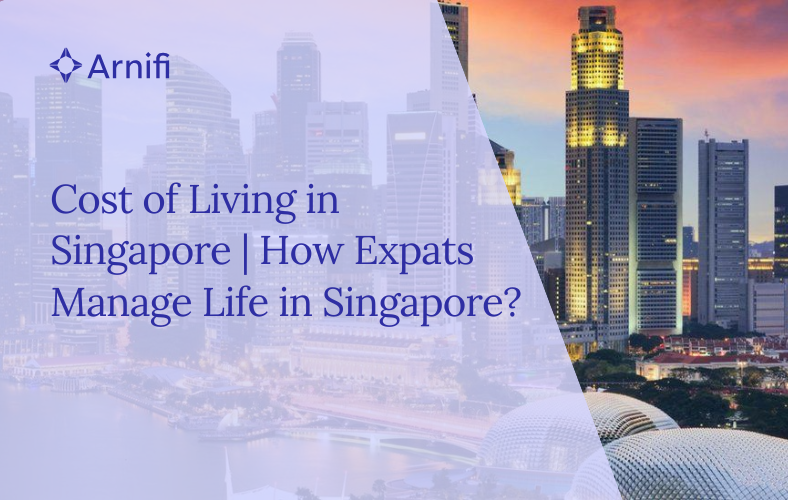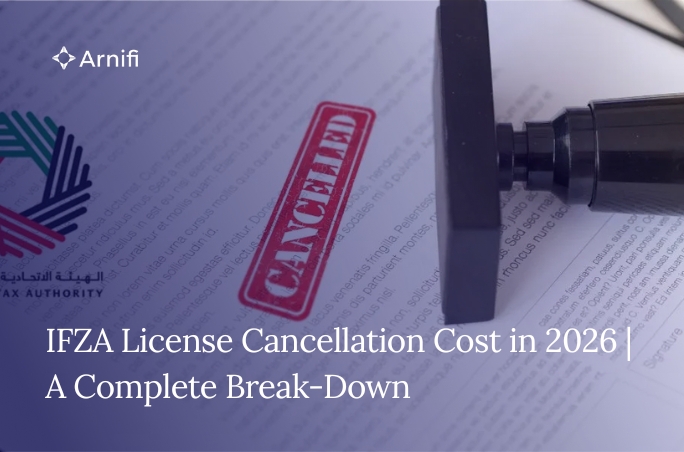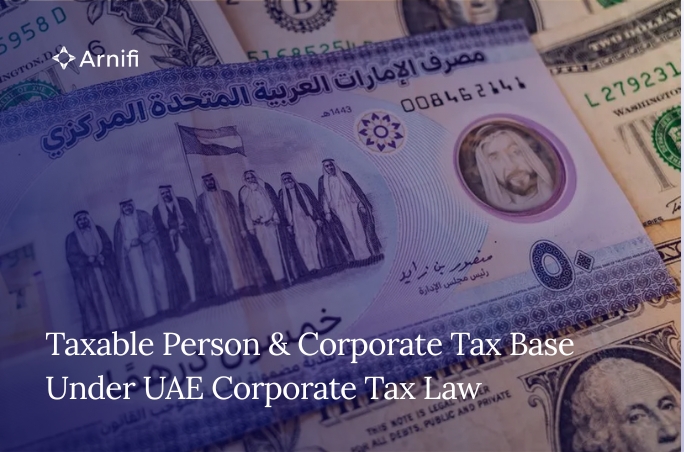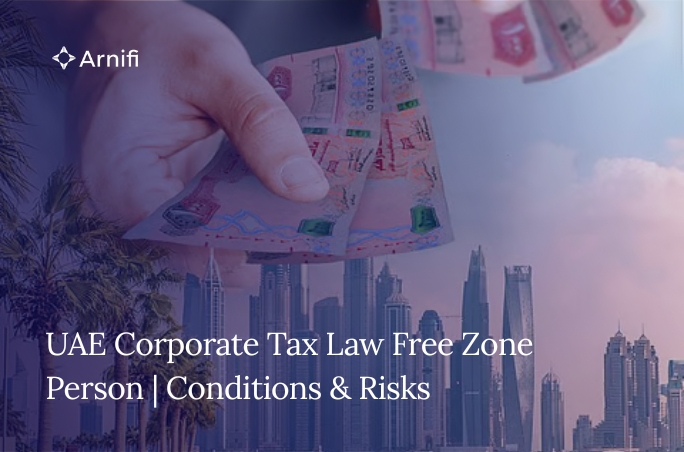Cost of Living in Singapore | How Expats Manage Life in Singapore?
by Shethana May 23, 2025  5 MIN READ
5 MIN READ

Historically considered the gateway to Southeast Asia! Singapore offers a very alluring package to any entrepreneur or multinational company, with pro-business policies, world-class infrastructure, and an enviable geographic location. Foreign investors in Singapore are encouraged with streamlined company registration procedures, tax incentives, and minimum red tape. Establishing a company in Singapore takes days, with almost instant services provided by the ACRA- Accounting and Corporate Regulatory Authority in online company registration and support.
Table of contents
Overview
If business is one side of the coin, expats who want to live and work in Singapore need to learn about daily living on the other side. Running a successful business goes hand in hand with having a quality of life. While Singapore offers many things, there is much to challenge and educate its inhabitants and would-be residents alike. The following unexplored aspects factor into a successful expat life in this country.
Cost of Living
Singapore is consistently ranked as one of the most expensive cities worldwide. For expats, rent and private schooling remain two of the most striking living costs. Monthly rents for modest condominiums start from about SGD 2,500; prime units in the central district command rents upward of SGD 7,000. Areas like Orchard Road, River Valley, and Marina Bay come with a buck or two; therefore, the more budget-friendly neighbourhoods like Woodlands and Punggol attract many families.
Singapore consistently ranks as one of the world’s most expensive cities. For many expats, the most noticeable costs are housing and private schooling. Monthly rent for a modest condominium starts around SGD 2,500, and prime central units can exceed SGD 7,000. Areas like Orchard Road, River Valley, and Marina Bay come at a premium, though more affordable neighbourhoods such as Woodlands and Punggol are popular with families.
Conversely, the efficiency of public services in Singapore significantly offsets the high expenses. The MRT (Mass Rapid Transit) system is clean, punctual, and inexpensive. Healthcare, while private options can be costly, is partially subsidised for residents and is widely considered among the best in the region. This efficiency gives expats a sense of reassurance, making the high expenses more manageable.
Expat Communities
Paragons of organisation and language, expats take less time to adjust to Singapore. It is reported that more than 30% of the entire population of Singapore consists of foreign nationals. English is the working language in Singapore and serves as the primary medium of instruction, communication, and commercial communication; this is the major obstacle many expats face elsewhere.
Expats in Singapore are not alone. Various associations, from the American Association to the British Club, exist to help newcomers settle. These associations frequently sponsor social events, networking opportunities, and orientation sessions. This supportive network makes it normal for expats to find friends and business opportunities through expat media, helping them feel welcomed and less isolated in a new country.
Healthcare
Singapore’s healthcare system strikes a unique balance between public oversight and private service delivery. Citizens and long-term residents are automatically enrolled in insurance schemes like MediShield Life, while expats typically take up private insurance. Clinics and hospitals maintain international standards, and it’s not uncommon for residents from neighbouring countries to fly in for medical treatment—evidence of the country’s status as a medical tourism hub.
Emergency care is efficient and the waiting times, especially in private hospitals like Mount Elizabeth or Gleneagles, are far shorter than in many Western countries.
Education
Singapore has quite a peculiar healthcare system; the public sector is charged with regulatory duties, whereas the provision of services lies in the hands of the private sector. Citizens and long-term residents automatically enrol in various insurance schemes, such as MediShield Life; however, expats usually pick private insurance schemes. Clinics and hospitals are all up-to-date with international standards, and the migration of patients for medical treatment from neighbouring countries is nothing strange, thus promoting the country as a medical tourism hub.
If there is an emergency, you will be taken care of immediately. Waiting time in private hospitals such as Mount Elizabeth or Gleneagles is much less compared to many Western countries.
Safety
Hardly would you come across a city as safe and orderly as Singapore. The crime rate has decreased to a bare minimum, mainly due to stringent laws and almost palpable police presence. Surveillance cameras are mounted on almost every corner of the island, and law enforcement prefers to intervene at the right time rather than punish after the fact. This kind of safety and the laws contribute to the overall security for the expats, especially those with families. These factors contribute heavily to the reassurance expats hold dear, especially those with families.
Leisure and Lifestyle
Singapore can boast of quite a harsh working environment; however, the abundance of leisure options on the side makes it worth it. From spending a weekend on Sentosa Island through the F1 Singapore Grand Prix to exploring museums and the city’s art scene, the list of things to do is never empty.
How can this topic end without talking about FOOD! From Michelin-starred hawker stalls at Maxwell Food Centre to fine-dining restaurants along Marina Bay Sands, the culinary excellence is outstanding. It is commonplace for expats to socialise during Sunday brunches or at night, with some sitting down at East Coast Park.
Opinions!
For anyone considering moving to Singapore for business, thinking beyond company registration and market access is crucial. Living in the city-state involves real trade-offs, especially when it comes to housing costs and schooling fees. Still, it also offers unmatched safety, convenience, and global connectivity advantages.
By approaching relocation with a complete picture in mind, from legal frameworks to lifestyle logistics, expats are better positioned to thrive professionally and personally. After all, a successful life in Singapore isn’t just about where you work. It’s about how and where you live.
Top Singapore Packages

Related Articles
Top Singapore Packages



